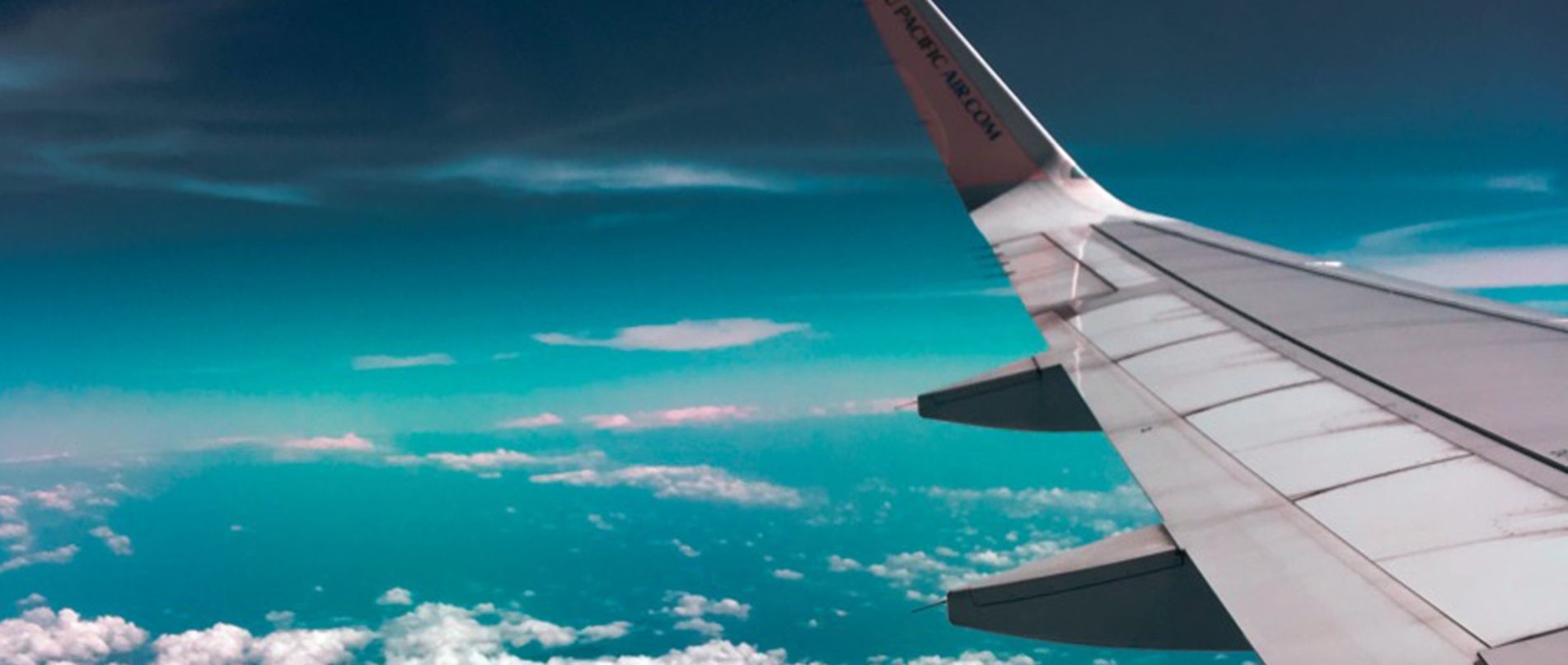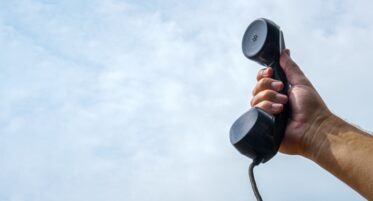
Prompt Images
Ada shifts in her seat, the metal of the armrest digging into her hip and the softness of her belly. These are the many detriments of flying: seats that are too small, five inches of legroom, and stale recycled air to choke down for hours on end as you are tossed from turbulence and the jostling of other passengers futilely trying to find comfort as well.
On a transatlantic flight, Ada’s been enduring this for six hours and counting, but then again, the sensation is nothing new to her. Unease has become a frequent cohabitant of her life as of late. It’s why she’s on this plane in the first place, staring out the window at the ocean, the waves looking like crests of frosting on a homemade cake.
Based on the map on her seatback TV screen, the vast blue sea will soon give way to land and, she hopes, to the relief she’s been seeking.
A couple of years ago, she would’ve never envisioned herself here. It would’ve been a dream to return to Ireland and its laid back, warm atmosphere, expanses of green, and eclectic culture. Ada had spent a year there during her undergrad, besotted with the country’s literature, small winding roads, delicious food, and centuries’ old pubs filled with young men speaking the same words as she was, but sounding so much better when said in hot, entrancing accents.
If Ada’s life was a movie or novel, she would’ve qualified that portion of it as her coming of age story.
Ireland was where she was, for the first time, without her parents and friends able to reach her beyond a phone call. Each foray out into the world, every new adventure, felt like an act of bravery, like she was coming into her power, into herself. She could learn who she was without anyone’s definitions or presumptions or maps for the future other than her own.
Then, when the school year was over, she flew back home. Back to reality. Back to expectations she didn’t know how to meet. It was overwhelming, all the indicators for milestones she was supposed to be reaching flashing in her face like a panic button: salary, love life, family. She threw herself into each of them: into contracted 7:30 to 4:30 workdays; nights hunched over a laptop, trying to get ahead in the search of a gold star or raise or simply staying above water; the endless hustle of making ends meet and relationships click and her sense of self appear.
Dozens of times, Ada has asked herself if it was worth striving when she doesn’t even know what she’s striving for.
In a recent performance review, her principal asked her where she saw herself in 10 years. Back in high school, when her guidance counselor asked her the same question, she spouted off an answer easily: teaching—doing what she loved and being with the people she loved in a place to call her own. In the meeting, finding an answer was like grasping in the dark for a swooping bat—useless and terrifying. She had no idea. In trying to be everything, she had become nothing—an echo of what she once was at most. A good mimic, but quieter and with less heart.
The self-possessed woman she was had withered away, replaced by a scared girl too focused on keeping from capsizing to figure out where she was steering her ship.
In the aisle, the flight attendant stops at the end of her row, picking up the trash of an empty soda or bag of chips, his trolly jingling with the clatter of cans against their trays. Downing her Sprite so only remnants of fizzle remain, Ada hands over her cup and turns back towards the window. The coast has appeared, cliffs and sands of shoreline with hilly terrain beyond. Ada has always enjoyed this view, the vastness of humanity laid bare at her feet, the height that makes even the most incredible, difficult tasks seem conquerable.
But, while giving a wide perspective, Ada now finds the view incomplete.
It is like looking at people from a distance. Aside from major trauma and the passage of decades, it’s hard to tell if someone has changed. It’s only one you get close, and step inside their shoes一or in this case, the streets一that you can see the differences.
From the outside, no one would’ve known the nights Ada spent lying on her living room floor, gasping for air as anxiety made her chest an ever-tightening corset. Or how many times she stood in front of her students, teaching them a lesson, while simultaneously wondering if emptiness was supposed to be synonymous with existence. They just saw the white smile, perfectly pressed shirts, and parental praise, and checked each off as signs of someone who was okay, someone who was thriving.
Many times, you don’t see the signs of a struggle until it’s too late.
She misses the days that didn’t feel like a sprint in a race she doesn’t want to run. When her thoughts were fully formed portraits instead of incongruous monochrome streaks creating a confusing image. When her memory could maintain thoughts and figures and facts longer than a view seconds. When going to bed didn’t mean having to choose between something she needed for emotional survival and what she needed for physical survival.
She misses feeling brave and powerful and more than anything, herself.
If Ada had known it would be so difficult to hold onto something so intrinsically her, she would’ve been more intentional in her decision-making, rather than getting caught up in the status quo and the fall of the dominos. Maybe it wouldn’t have taken a full-blown panic attack in the staff bathroom to shake her loose again. You can’t live like this. Something has to change. You need to be happy again, she told herself as her fingers clung to the mildewed tile in an attempt to ground her.
It was then, she knew, she had to retrace her steps to the place she had last seen her happiness: 3,000 miles away. As soon as the school year wrapped, she packed her bags, dug out her passport, and headed to the airport without much of a plan other than to figure out what it meant to be a human, what it meant to be Ada.
For all the ways she’s changed, she hopes Ireland hasn’t at all.
If she can return to what had been, maybe she can return to what she had been, too.
Above her, the seatbelt sign alights, and the pilot’s voice dings over the loudspeaker. “We are getting ready to make our descent. Please move your trays into the upright position and make sure your seatbelt is on.”
Ada follows the instructions, clicking the tray back into place below the screen and kicking her backpack beneath the seat in front of her until just a few inches peek out. The muscles in her chest contract, but the corset has not taken hold. It’s different, and yet, recognizable, the feeling coming with its own muscle memory. She remembers the sensation from years ago, as she gazed down upon this very piece of land and thought of all that laid before her, all the possibility.
In her classroom, she had a sign, made of flashy gold paper and glittered that said, “Reach for the moon, and even if you miss, you’ll land upon the stars.” It’s a cheesy quote, she admitted freely, but she repeated it to her students nonetheless, wanting to instill the sentiment in her students so deeply that it wouldn’t be as easily shaken out of them as it was her. Dream big and go for it. Don’t be afraid. Don’t lose yourself.
Finally, she’s following her own advice. The plane begins to lower, and the ground comes closer, striations of gray becoming roads, and moving dots, cars and people. There’s still so much before her. All Ada has is possibility.



